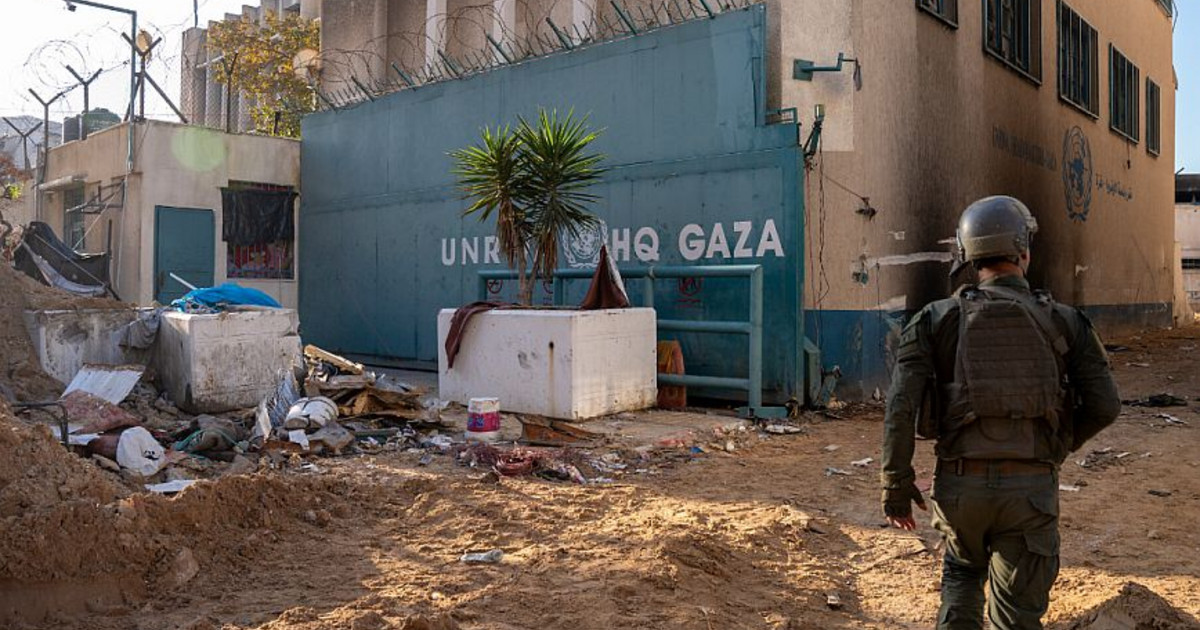The Brazilian started the year 2022 with more plans to travel, contributing to the recovery of the tourism sector – one of the activities most affected by the Covid-19 pandemic. This is what the data from the Brazilian Association of Tour Operators (Braztoa) released this Tuesday (24) point out.
According to the entity, between the months of January and March, companies in the sector recorded a 66% increase in revenue, compared to the same quarter of 2021.
According to Braztoa, the increase in demand was 86% in domestic destinations and 14% abroad. Within the country, most tickets are sold to the Northeast region.
Among the main destinations, Salvador tops the list. After the capital of Bahia, Fortaleza, Maceió and Natal appear in second place. The cities of Porto de Galinhas, in Pernambuco, and Porto Seguro, also in Bahia, were in third place.
Among international travel, the main searches are for Cancun, Lisbon, Orlando, Paris, Dubai and Egypt. Altogether, 85.2% of the companies stated that the demand for locations outside the country grew “a lot” or “a lot”.
Only 14.8% of the companies claimed stability or little increase. And the growth took place even with the rise in the price of air tickets to other countries. According to the survey, 62% of operators noticed a significant increase in tariffs in the period between January and March this year.
For most of the companies surveyed, the opening of borders and the gradual fall of the dollar were the main reasons for the advance of international tourism. In the ranking of the most purchased products are: luxury, beach and sun, cultural, well-being, honeymoon and cruises, gastronomy, religious, adventure and ecotourism, sports and business/events.
The president of BRAZTOA, Roberto Haro Nedelciu, believes that the improvement in the situation is not limited to the richest. “This scenario shows that the pent-up demand for travel continues to materialize, with closer boarding among people with higher purchasing power – see the emphasis on luxury travel -, but also gaining strength among all Brazilians who love to travel and who are organizing themselves so that the much-desired dream script gets off the ground and becomes reality”, he highlights.
Resumption hits bars and restaurants
The resumption of leisure activities was also noticeable in bars and restaurants in the country, which registered higher sales in April. According to a survey by the Brazilian Association of Bars and Restaurants (Abrasel), 35% of establishments said they had worked at a profit in the month, while 28% recorded a loss. In January, the situation was less favorable, with only 22% recording a profit and 43% a loss.
Despite the increase in traffic, many owners of bars and restaurants have not been able to fully pass on the increase in costs, which reduces the profit margin. Abrasel’s CEO, Paulo Solmucci, says that price growth has been the biggest problem.
“Research shows that, after recovering revenue, companies struggle with some success to adjust prices, seeking better profitability. Rapidly escalating inflation is the biggest challenge at the moment,” he says.
Of the total number of places surveyed, 78% say they cannot keep up with increases in inflation, which has accumulated 12.13% in the last 12 months, using April as a reference. Of these, 33% did not readjust the value of the menu, while 45% made the change below the average price variation.
Businessmen in the sector are also pressured by bank debts, according to Abrasel. Almost three out of four establishments needed to take out loans during the pandemic. Among those who borrowed money, 32% have arrears.
“Many are still paying the price of restrictions and closures during the pandemic and need help to be able to continue with the resumption. Adherence to the debt rescheduling program, Relp, has been good”, completes Solmucci.
The Debt Payment Rescheduling Program within the scope of Simples Nacional (Relp) allows the payment of up to 180 installments of taxes and contributions owed by micro and small companies, including individual microentrepreneurs (MEI).
The reduction of fines and interest can reach 90%, depending on the volume of lost revenue. The deadline for joining the program ends on May 31.
Source: CNN Brasil
I am Sophia william, author of World Stock Market. I have a degree in journalism from the University of Missouri and I have worked as a reporter for several news websites. I have a passion for writing and informing people about the latest news and events happening in the world. I strive to be accurate and unbiased in my reporting, and I hope to provide readers with valuable information that they can use to make informed decisions.






